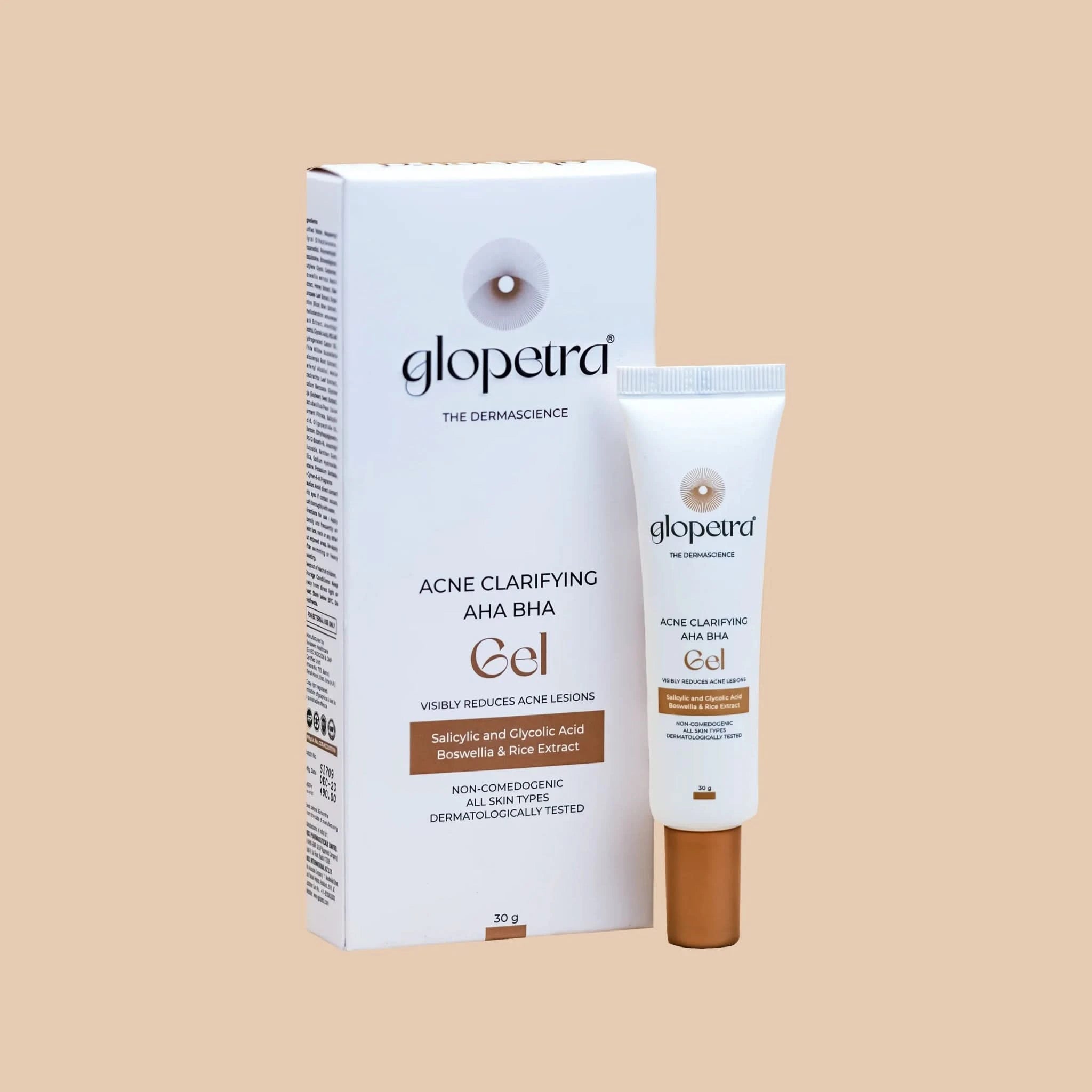
Mineral vs. Chemical Sunscreens: Zinc Oxide, Titanium Dioxide & More
Mineral vs. Chemical Sunscreens: Zinc Oxide, Titanium Dioxide & More: In today’s world sunscreen is the most popular in skincare to protect your skin from UV exposure. When you choose two bottles, one is mineral, and the second is chemical, it can be confusing. If you want to know about the difference between zinc oxide and avobenzone, you are on the right track. In this article, we will explore the mineral vs chemical sunscreen, how it works, and its impacts on your skin.
If you are confused about choosing the SPF factor sunscreen, sun protection, and minerals that suit or not to your skin. Let's decode the sunscreen elements.
Why sunscreen matters for your skin?
Sunscreen is the most essential element that protects your skin from UV exposure, sun damage and forms a protective layer in your skin. You need to look before choosing the sunscreen at what ingredients are formulated with your cream. Such as zinc oxide, titanium dioxide, what works for your skin.
There is no fixed time to step outside from home, and the weather has mostly sunny and cloudy conditions. Your skin is the most susceptible to sun exposure, and it shows some signs, such as:
- Sunburns
- Premature aging (enhances the chances of premature aging, wrinkles, and fine lines)
- Skin cancer
Now you need to understand the difference between sunscreen minerals and chemicals, and what benefits & impacts on your skin.

What exactly is mineral sunscreen?
This physical sunscreen helps to protect your skin from sun exposure, pollution damage and builds a protective shield in your skin. It is like a metal shield applied outer layer of your skin, and it reflects all the pollution and UVA and UVB rays.
There are two main ingredients included in physical sunscreen:
- Titanium dioxide (TiO₂)
- Zinc oxide (ZnO)
These ingredients act as a protective barrier on your skin and block UV rays. These natural elements reduce the chances of deeply penetrating the UV rays into your skin.
Let's understand the benefits of mineral sunscreen
- It works immediately in your skin; you don’t need to wait 15 to 20 minutes.
- Its gentle formula is ideal for babies because it is not harmful for any skin type.
- This sunscreen rarely chance of skin burning, stinging & irritation.
- Some of the ingredients are environmentally friendly and suitable for every skin type
- This sunscreen is designed for daily usage and non-chalky finish.
What are the impacts of mineral sunscreen?
- Some sunscreens leave a pale residue, especially in darker skin tones
- Some people feel that applying this sunscreen like a thick texture and is heavier on their skin.
- It easily leaves your skin with sweating and rubbing.

What is chemical sunscreen?
The chemical sunscreen easily absorbs the UV rays and turns these rays into heat that can produce an uncomfortable feeling in your skin. This sunscreen contains organic carbon-based compounds such as.
- Avobenzone
- Oxybenzone
- Octocrylene
- Homosalate
- Octisalate
- Octinoxate
These ingredients easily absorb the UVA rays and UVB rays. These modern formulas work with a broad spectrum.
Let's understand the benefits of chemical sunscreen.
- Perfect for all skin types
- Water resistant
- Less production needed
- Lightweight & non-greasy texture
What are the drawbacks of chemical sunscreen?
- Sometimes it feels irritated for sensitive skin
- It takes time to absorb into your skin
- Chances of getting damaged coral reefs
- It converts UV rays into heat that can cause redness & irritated skin.
What are the key differences between mineral vs chemical sunscreen?
|
Start time |
Work when it applies |
Work after 20 minutes |
|
Texture |
Chances to leave cast, thick texture |
Lightweight & non-greasy |
|
Skin type |
Ideal for sensitive skin & acne-prone skin |
Best for oily skin |
|
Reef-safe |
Yes |
Not |
|
Irritation risk |
Less chances |
Feels irritation in some cases, like sensitive skin and allergic reactions |

What type of sunscreen is best for your skin?
Choosing the right sunscreen makes your skin highly glowing, but you need to choose sunscreen according to your skin type.
Sensitive skin: for sensitive skin, mineral sunscreen is beneficial because it has less chance of irritating and burning sensations on your skin. But ensure your sunscreen is fragrance-free and formulated with oxide-based elements.
Dry skin: always choose chemical-free and ultra-hydrating sunscreen, and ensure your sunscreen contains hyaluronic acid or ceramides.
For makeup using you need to choose a lightweight tinted mineral sunscreen that perfectly combines with your foundation.
Why choose Glopetra for sunscreens?
When it talks about gentleness-based skincare products, Glopetra is a trusted supplier that formulates its skincare products with skin-friendly ingredients. Glopetra formulates every product with lightweight and non-greasy solutions. All of the products are dermatologically tested, that perfect for daily skin usage.
People also ask about Mineral vs. Chemical Sunscreens
Q.1 What is the major difference between mineral and chemical sunscreen?
A: Mineral sunscreen works as a protective shield in your skin that reflects the UV rays, chemical sunscreen absorbs the UV rays and converts into heat, which sometimes causes skin irritation, and feels burning sensations.
Q.2 Does chemical sunscreen reduce irritation from my sensitive skin?
A: Sometimes chemical sunscreens can irritate your skin. You need to choose a mineral sunscreen that works with zinc oxide or titanium dioxide.
Q.3 Is the chemical sunscreen safe for daily usage in normal skin?
A: Yes, the chemical sunscreen is safe for daily usage, but you need to do a patch test before choosing a sunscreen for normal skin. It feels lightweight, non-greasy, and safe for daily usage.
Q.4 Can I use sunscreen after makeup?
A: Yes, you can use sunscreen after makeup. You need to choose a lightweight and non-greasy sunscreen that is formulated with gentle natural ingredients.










